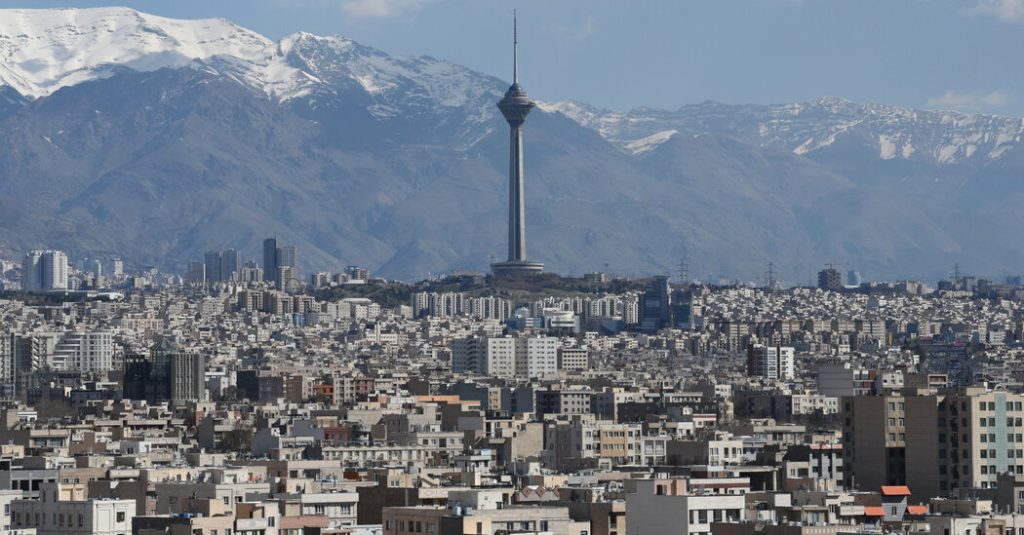The latest headlines reveal growing tensions in the Middle East, with the United States sending an advanced antimissile system to Israel and reports of potential retaliation from Iran. In response to this escalating situation, the idea of utilizing coercive diplomacy with Iran is proposed. The suggestion is made to send C.I.A. Director Bill Burns to meet with his Iranian counterpart in Oman to discuss a new strategy that could potentially influence Iran’s behavior.
The proposed strategy involves highlighting the vulnerabilities of Iran and the consequences of their current actions. It is suggested that Iran is infiltrated, exposed, and isolated, and that their continued aggressive behavior could lead to disastrous outcomes. The hope is that by presenting Iran with a clear choice between changing their behavior or facing severe consequences, they may be persuaded to alter their course of action.
The proposed strategy emphasizes the need for Iran to cease its support for various militant groups and focus on building a more stable and secure region. The goal is to create a collective security arrangement where Iran, Israel, and Arab states can coexist peacefully. By addressing both Iran’s nuclear threat and regional behavior, it is believed that a more sustainable solution can be achieved.
The importance of presenting a credible threat of force to Iran, while also offering a diplomatic pathway out, is stressed in order to prompt a change in Iran’s behavior. The idea is to force Iran’s clerical leadership to recognize the risks of their current trajectory and consider the potential collapse of their regime. By combining diplomatic pressure with a clear deterrent, it is believed that Iran may be compelled to reassess its actions.
In addition to pressuring Iran, the strategy also includes urging Israel to make significant concessions in order to facilitate peace in the region. This involves defining clear borders, pursuing a two-state solution with the Palestinians, and curbing annexation activities in the West Bank. By addressing the grievances and security concerns of both Israel and its neighbors, the hope is to foster greater stability and cooperation among all parties in the region.
Ultimately, the proposed strategy aims to bring an end to the longstanding conflicts and tensions in the Middle East by addressing the root causes of instability. By reshaping the behavior of both Iran and Israel through coercive diplomacy and concessions, it is believed that a more peaceful and secure future for the region can be achieved.


